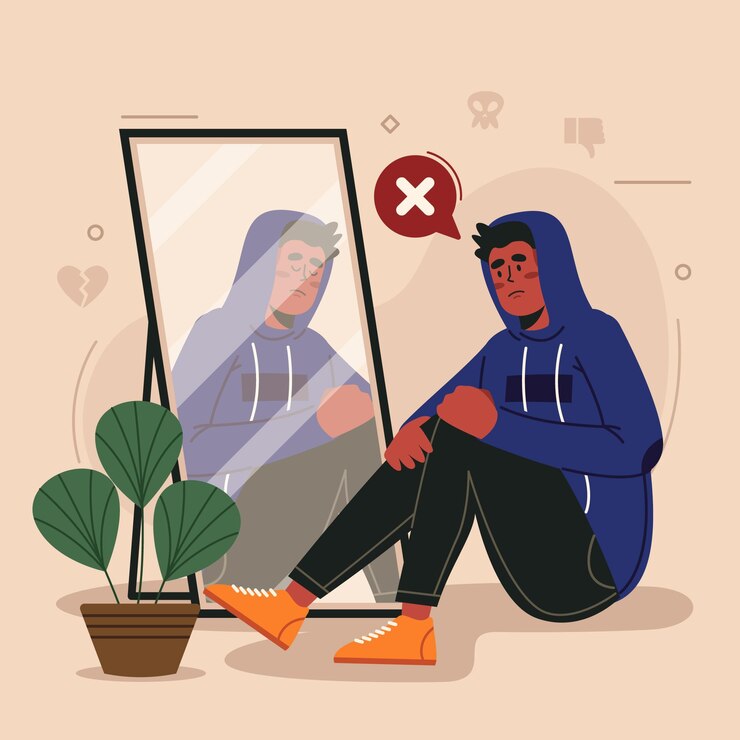
Raising Bipolar Disorder Awareness: Simple Guide
Bipolar disorder affects millions worldwide, yet awareness remains crucial for understanding and support. Here’s what you need to know:
Introduction: Bipolar disorder is a mental health condition that affects millions of people worldwide. Despite its prevalence, there are still many misconceptions surrounding this illness. Raising awareness about bipolar disorder is essential for promoting understanding and support for those affected. Let’s explore this condition in simple terms.
What is Bipolar Disorder? Bipolar disorder, also known as manic-depressive illness, is characterized by extreme mood swings that include emotional highs (mania or hypomania) and lows (depression). These mood shifts can vary in severity and frequency, impacting a person’s ability to function in daily life.
Types of Bipolar Disorder: There are several types of bipolar disorder, including:
- Bipolar I Disorder: Involves manic episodes lasting at least seven days or requiring hospitalization. Depressive episodes may also occur.
- Bipolar II Disorder: Characterized by hypomanic episodes and depressive episodes, but not full-blown manic episodes.
- Cyclothymic Disorder: Involves periods of hypomanic symptoms and depressive symptoms lasting for at least two years (one year in children and adolescents).
- Other Specified and Unspecified Bipolar and Related Disorders: Include presentations that do not fit the criteria for the above categories.
Signs and Symptoms: Signs and symptoms of bipolar disorder can vary depending on the type and individual experiences. Common signs include:
- Elevated mood or irritability during manic or hypomanic episodes
- Depressed mood or loss of interest in activities during depressive episodes
- Changes in energy levels, sleep patterns, and appetite
- Impaired judgment or risky behavior during manic episodes
- Difficulty concentrating or making decisions
- Thoughts of suicide or self-harm during depressive episodes
- Advocacy Efforts: Organizations and advocates tirelessly work to raise awareness about bipolar disorder through campaigns, events, and educational initiatives. Their goal is to reduce stigma, increase understanding, and promote access to resources and support.
- Education Initiatives: Educational programs provide valuable information about bipolar disorder, including symptoms, treatment options, and strategies for managing the condition. These initiatives aim to empower individuals with knowledge and encourage early intervention.
- Community Support: Support groups and online communities offer a safe space for individuals affected by bipolar disorder to connect, share experiences, and offer support. These communities play a vital role in reducing isolation and providing encouragement on the journey to wellness.
- Stigma Reduction: One of the biggest barriers to seeking help for bipolar disorder is stigma. By promoting open discussions and challenging misconceptions, we can create a more supportive and understanding environment for those living with the condition.
- Spreading Awareness: Everyone can play a role in raising awareness about bipolar disorder. Whether it’s sharing information on social media, participating in awareness events, or simply having conversations with friends and family, every effort helps reduce stigma and promote understanding.
By working together to raise awareness, advocate for support, and educate others about bipolar disorder, we can create a more inclusive and supportive society for all.
To seek medical advice, always consult a Doctor. Here are our recommended experts. Click here
To read more on Neurological Disorders. Click Here



